On a recent episode of The Daily Show, Jon Stewart had a visit from John Mulaney. Mulaney was there to discuss the season finale of his Netflix talk show “Everybody’s Live,” in which he fought three teenage boys in a wrestling-style match, which he joked was the secret to eternal youth.
“Obviously, there's a lot going on right now. This isn’t the most important message you'll hear tonight, but everyone should fight three teenagers once a year,” Mulaney quipped. “You'll feel so much better…I feel invigorated. I've never been more present in my life, because I had to be for that fight.”
John Mulaney appeared on The Daily Show to discuss his show Everybody's Live, on which he fought three teenage boys. The Daily Show, www.youtube.com
Indeed, the season finale of “Everybody’s Live,” which has become known for its unabashed quirkiness, included a match between Mulaney, 42, and three teen boys, all aged 14 (their combined ages, of course, being 42).The four of them, all in navy suits, went head to head while the studio audience as well as Adam Sandler and Sean Penn, guests on the show that day, watched and cheered them on. Mulaney was ultimately, hilariously defeated. “If you want to watch this episode,” Stewart tells The Daily Show audience, “it is maybe the most perfect hour long episode of television.”
Not only was it comedy, though, it also became a fun way to upend ideas of toxic masculinity. Mulaney joked that this was a way to solve the “crisis of masculinity,” “that if you want to really get to the root of it, you get three of them together, get them in nice suits and helmets, and you get in a suit yourself, and you go at it.” Of course you can tell by the way that Mulaney talks about it he thinks the “manosphere” and “men’s rights activists” from which such an idea comes from is a joke itself, so the bit becomes satire.
Jon Stewart fully leans into the bit. “I haven't looked at it in this way. You weren't just fighting for entertainment. In many ways, this was a crusade to save American youth and maleness.” Accordingly, the audience laughs uproariously.
Ultimately, though, Mulaney brings the bit to a more personal place. “It's basically, probably, unconsciously all building up to me fighting my own son, who's three and a half,” Mulaney joked to Stewart.
In recent interviews, Mulaney has discussed the role fatherhood has played in his life, one that extends into his comedy. “I now know the person that I want to make laugh,” he said last year on Conan O’Brien’s podcast Conan O’Brien Needs a Friend. “I like other people in my life, but if there's someone's eyes I want to see light up, it's my son when I get home…I used to need so much to feel any kind of happiness in the day. If I see a garbage truck with him now, we’re both so psyched. It’s like I’m seeing a celebrity.” It’s as if that’s the counterbalance to toxic masculinity after all.
Mulaney’s days of fighting his son are well into the future, but at least now he has the practice. In the meantime, hearing his son’s laugh is all he needs.





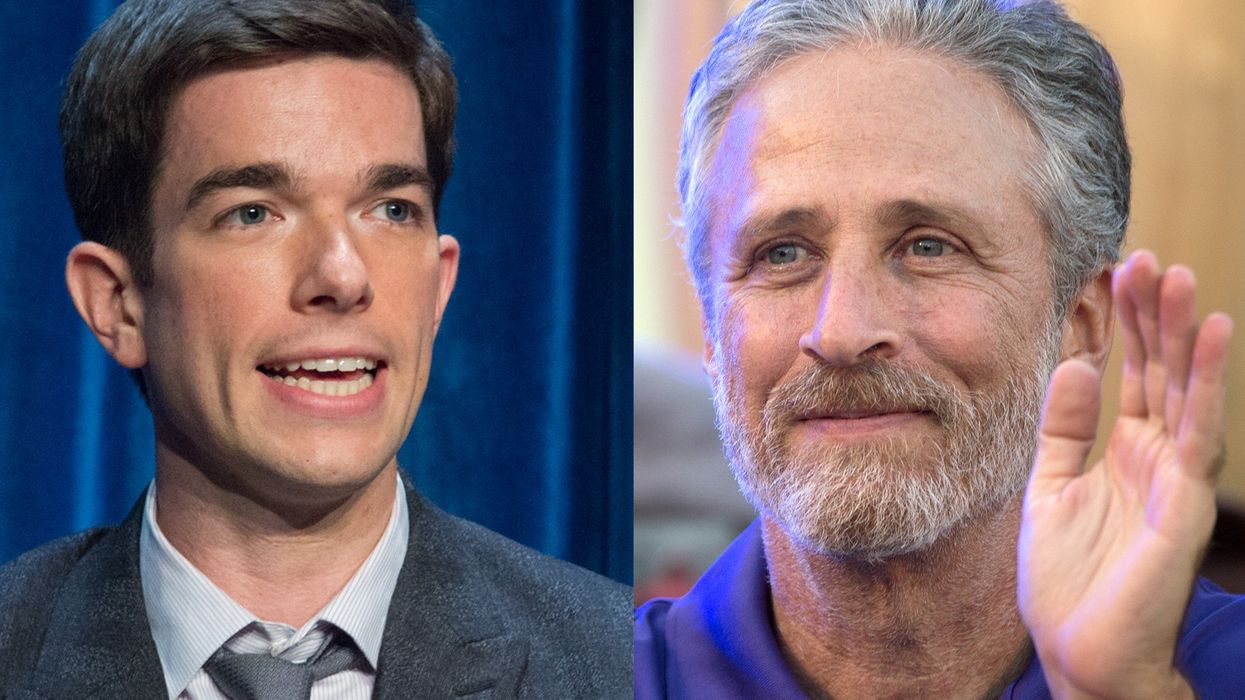

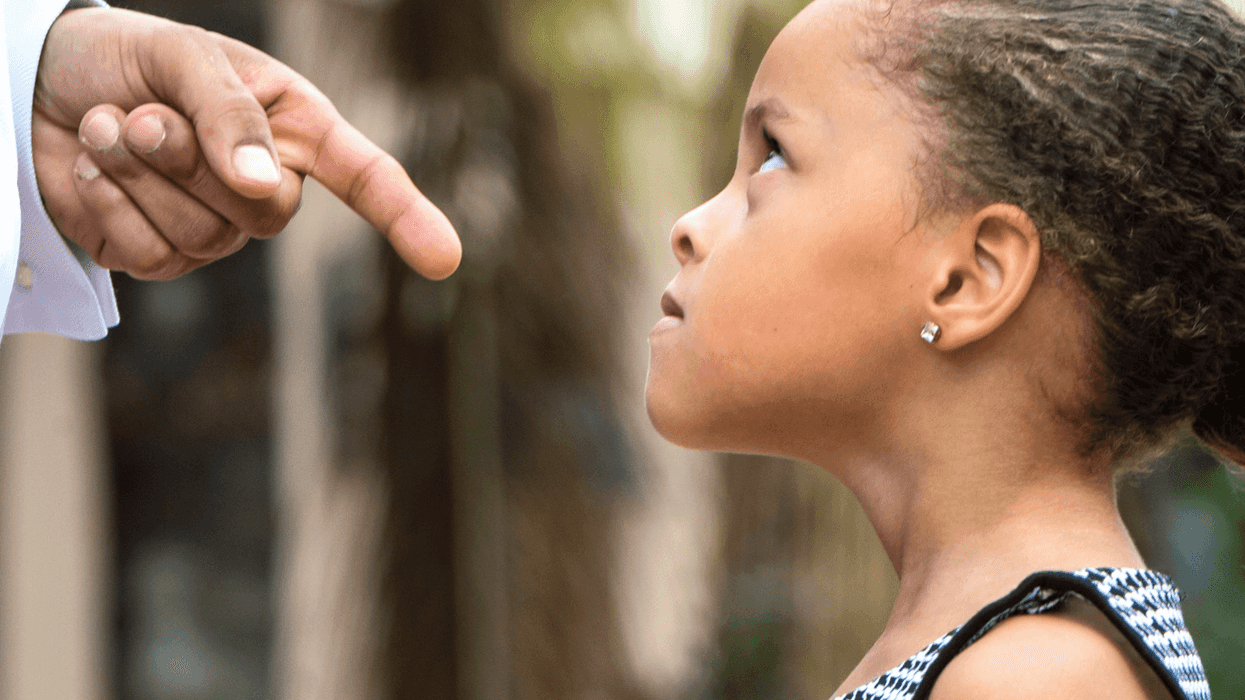
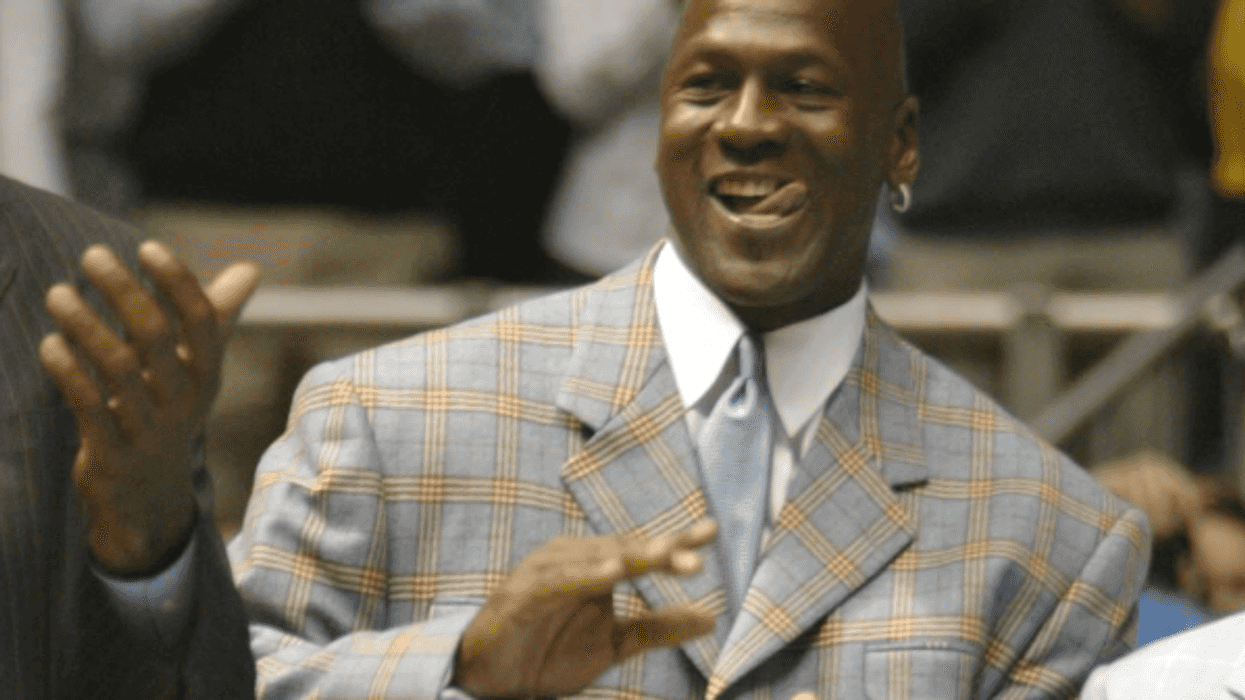
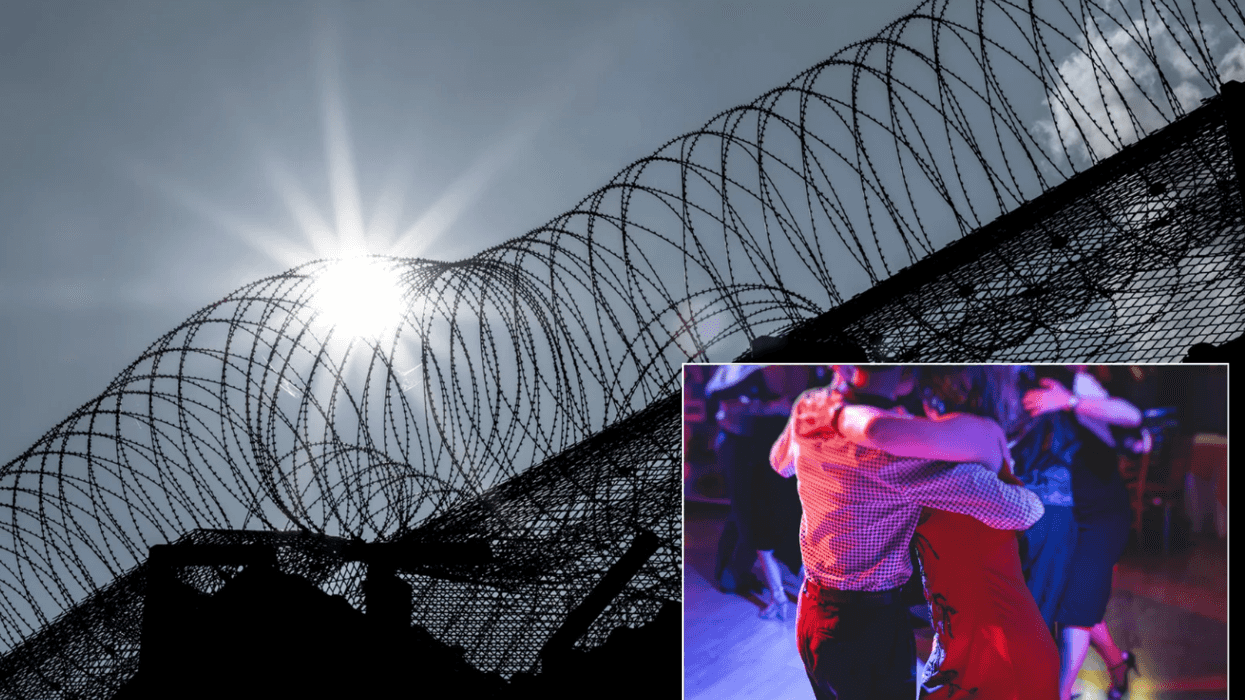









 A high school senior shows how to unlock a magnetic pouch that holds her smartphone at University High School Charter in Los Angeles in March 2025.
A high school senior shows how to unlock a magnetic pouch that holds her smartphone at University High School Charter in Los Angeles in March 2025.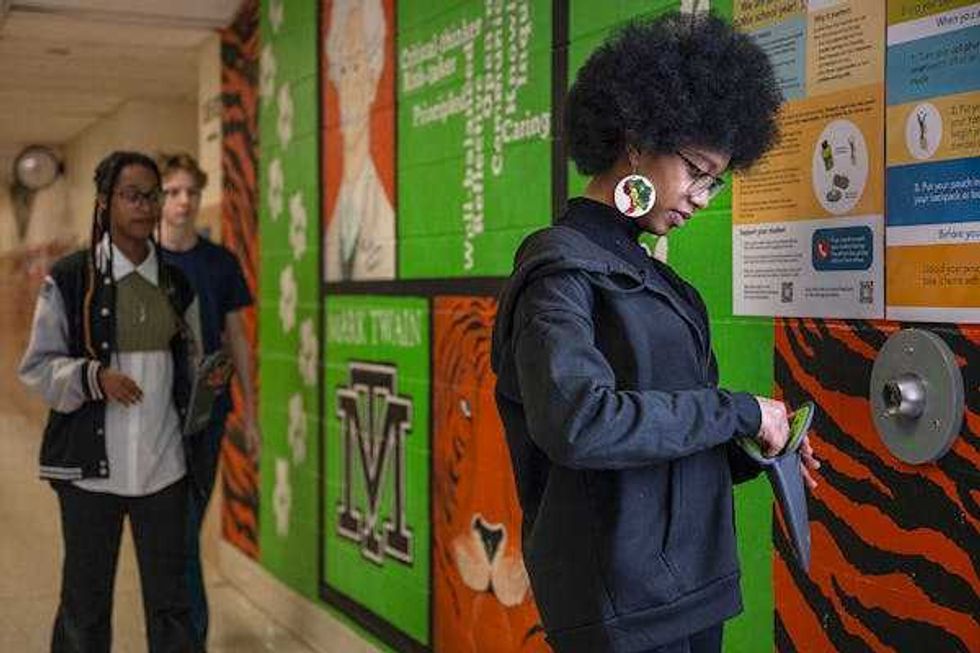 An eighth grader unlocks her cellphone from a pouch at Mark Twain Middle School in Alexandria, Va., in March 2025.
An eighth grader unlocks her cellphone from a pouch at Mark Twain Middle School in Alexandria, Va., in March 2025.
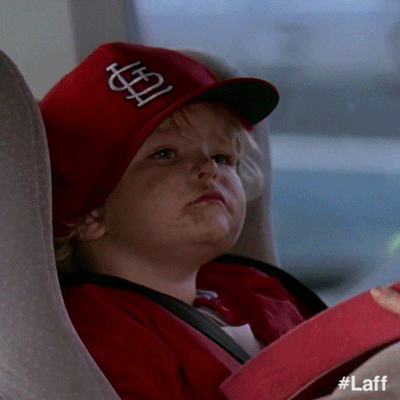 Gif of a mom wiping her child's dirty face via
Gif of a mom wiping her child's dirty face via 
 A woman holds a family member's hand in the hospitalCanva
A woman holds a family member's hand in the hospitalCanva A bird flying across the sky under the sunCanva
A bird flying across the sky under the sunCanva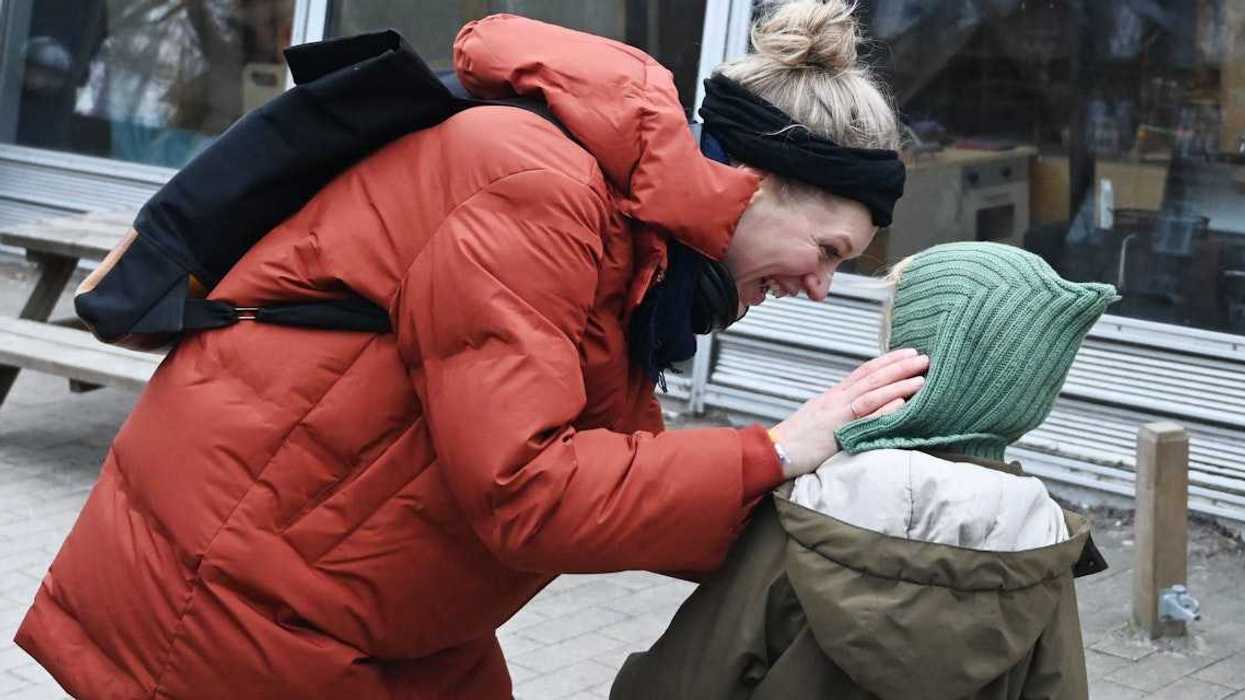
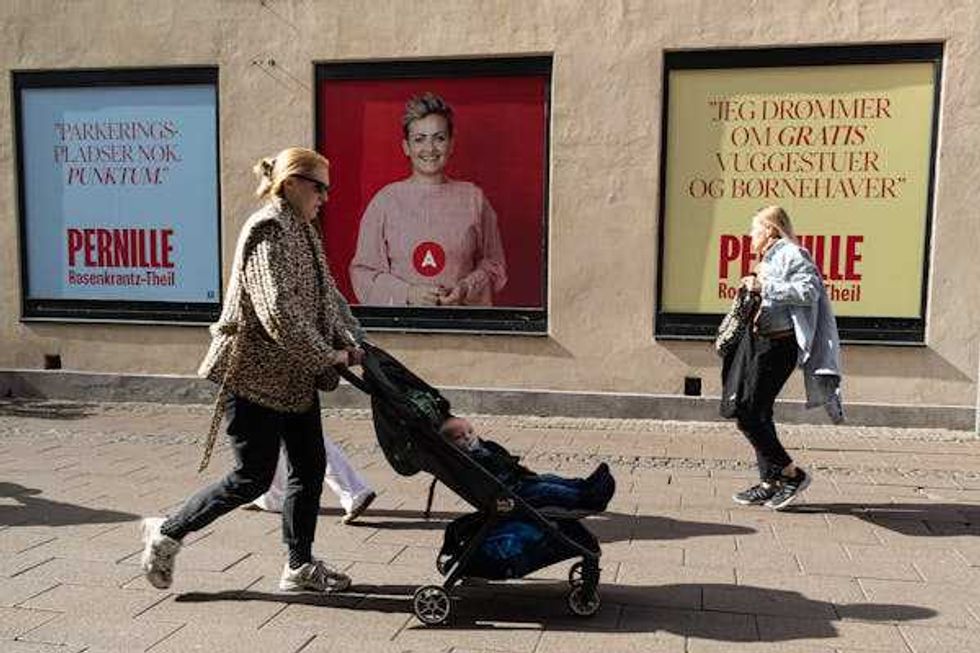 The ‘motherhood penalty’ is largest in the first year after a mom’s first birth or adoption.
The ‘motherhood penalty’ is largest in the first year after a mom’s first birth or adoption. 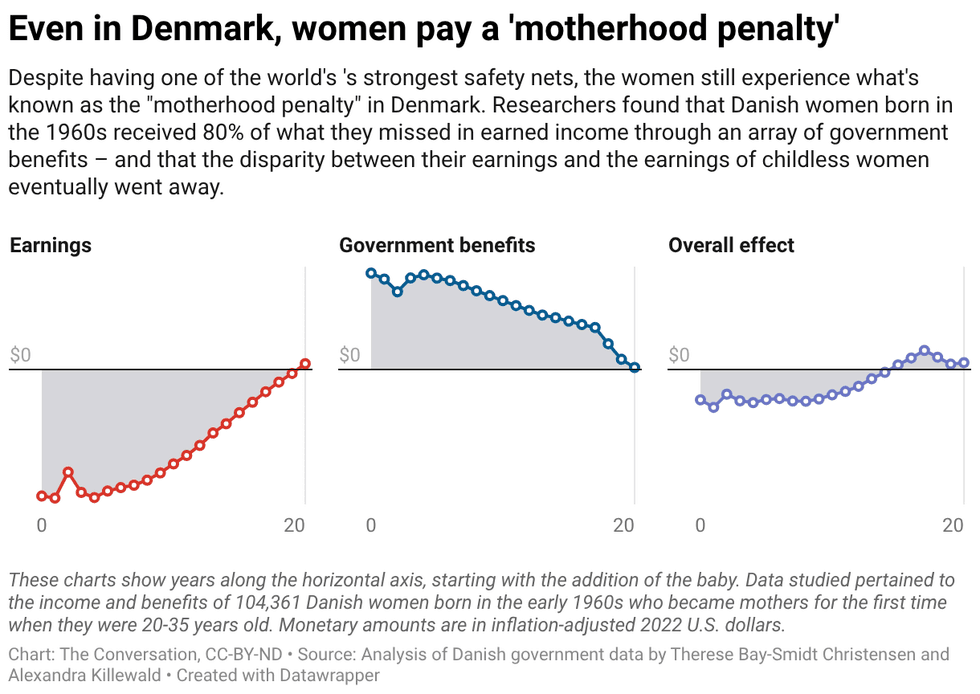

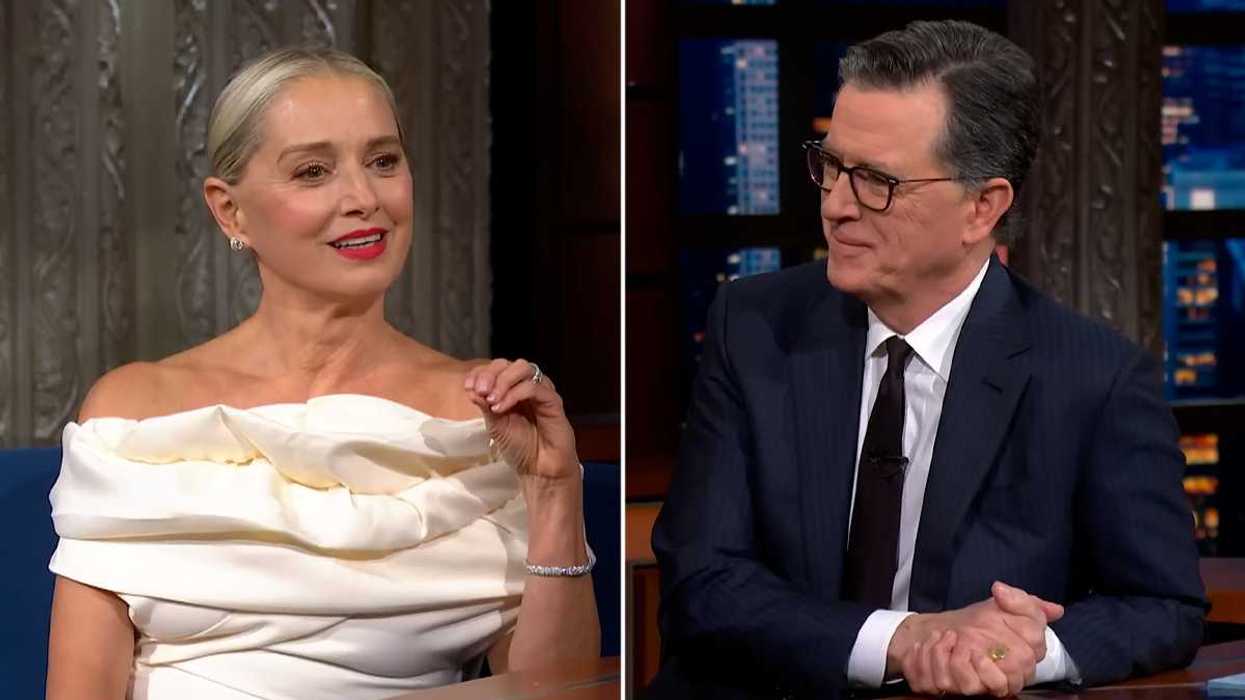
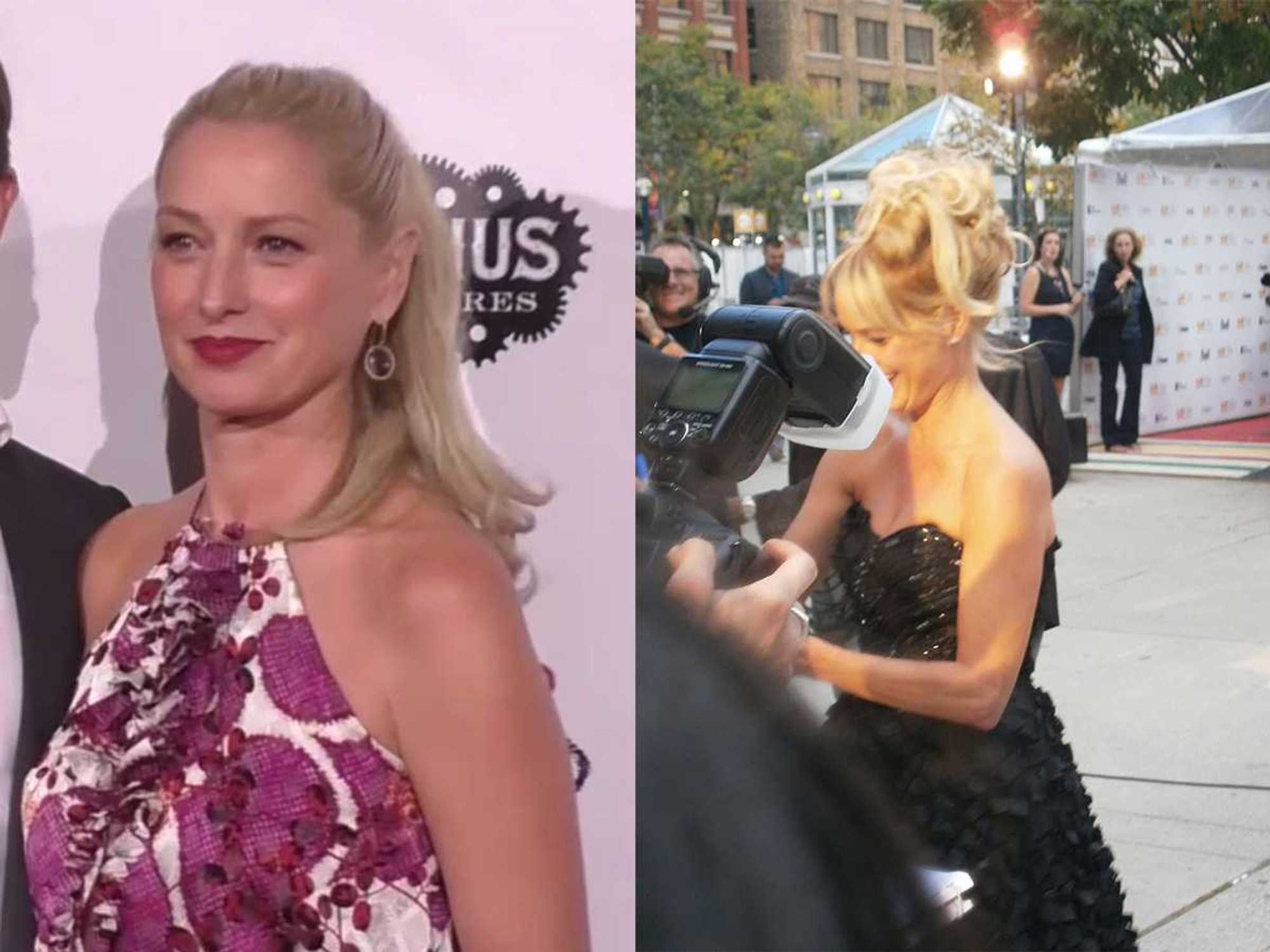 (LEFT) Film premiere at ArcLight Theatre Hollywood; (RIGHT) LaNasa signing autographs at TIFF.thepaparazzigamer/
(LEFT) Film premiere at ArcLight Theatre Hollywood; (RIGHT) LaNasa signing autographs at TIFF.thepaparazzigamer/  Radical acceptance.Photo credit:
Radical acceptance.Photo credit: 
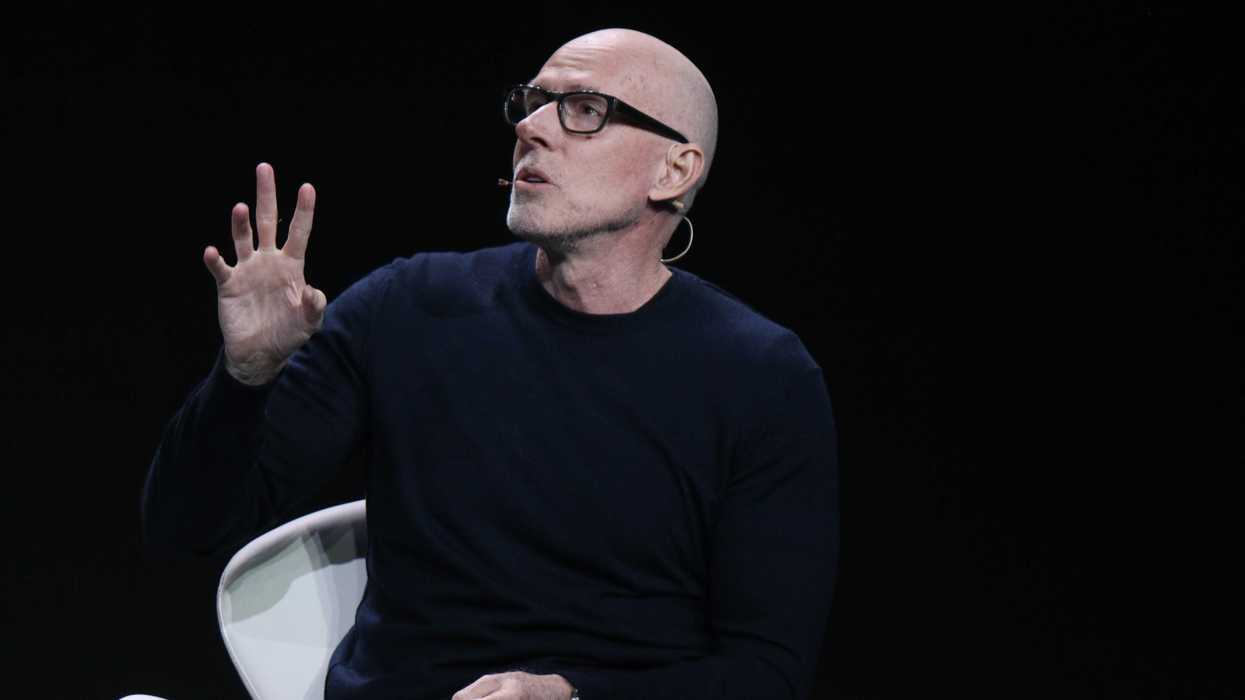 Scott Galloway in Barcelona in 2025.Photo credit: Xuthoria/
Scott Galloway in Barcelona in 2025.Photo credit: Xuthoria/  Resting in the shade of a tree.Photo credit:
Resting in the shade of a tree.Photo credit:  Two people thinking.Photo credit:
Two people thinking.Photo credit: